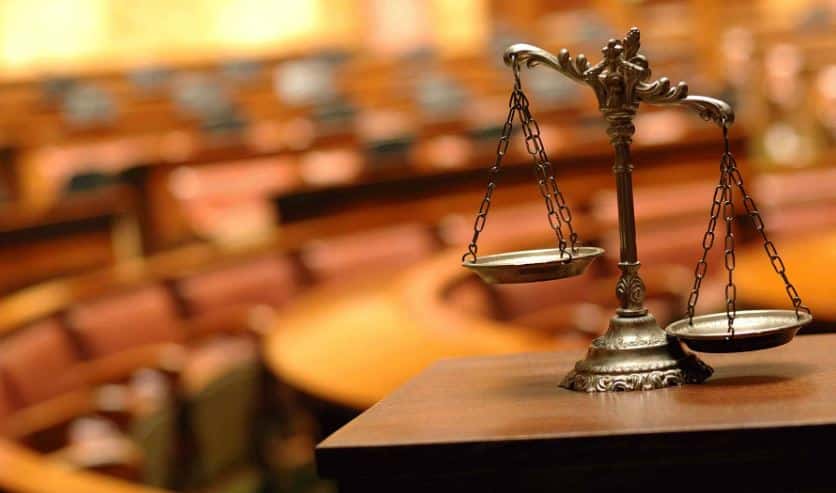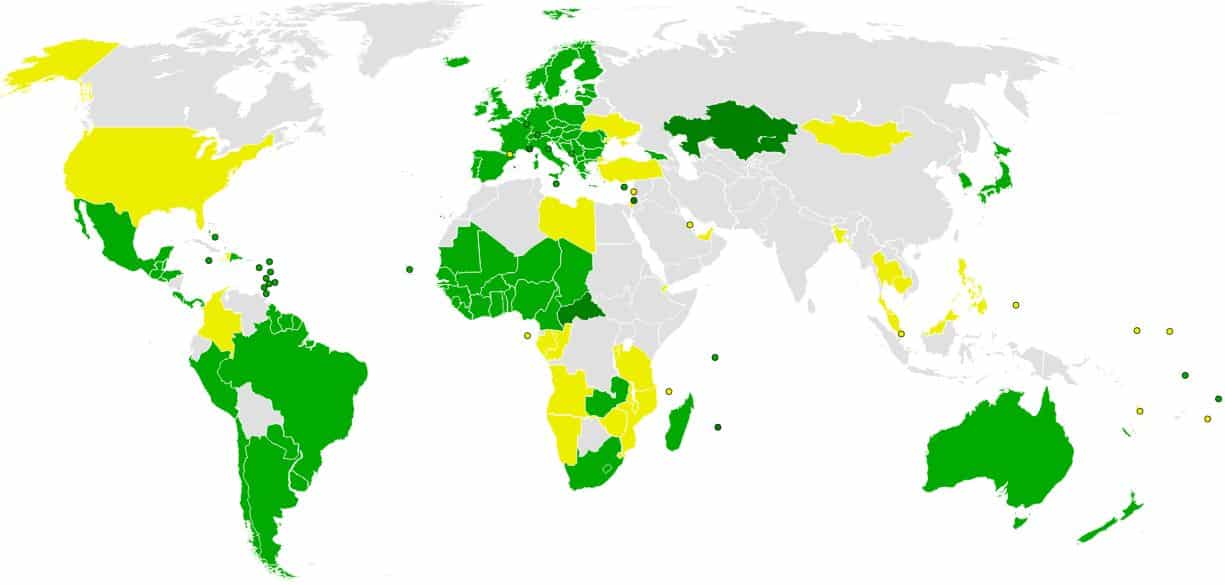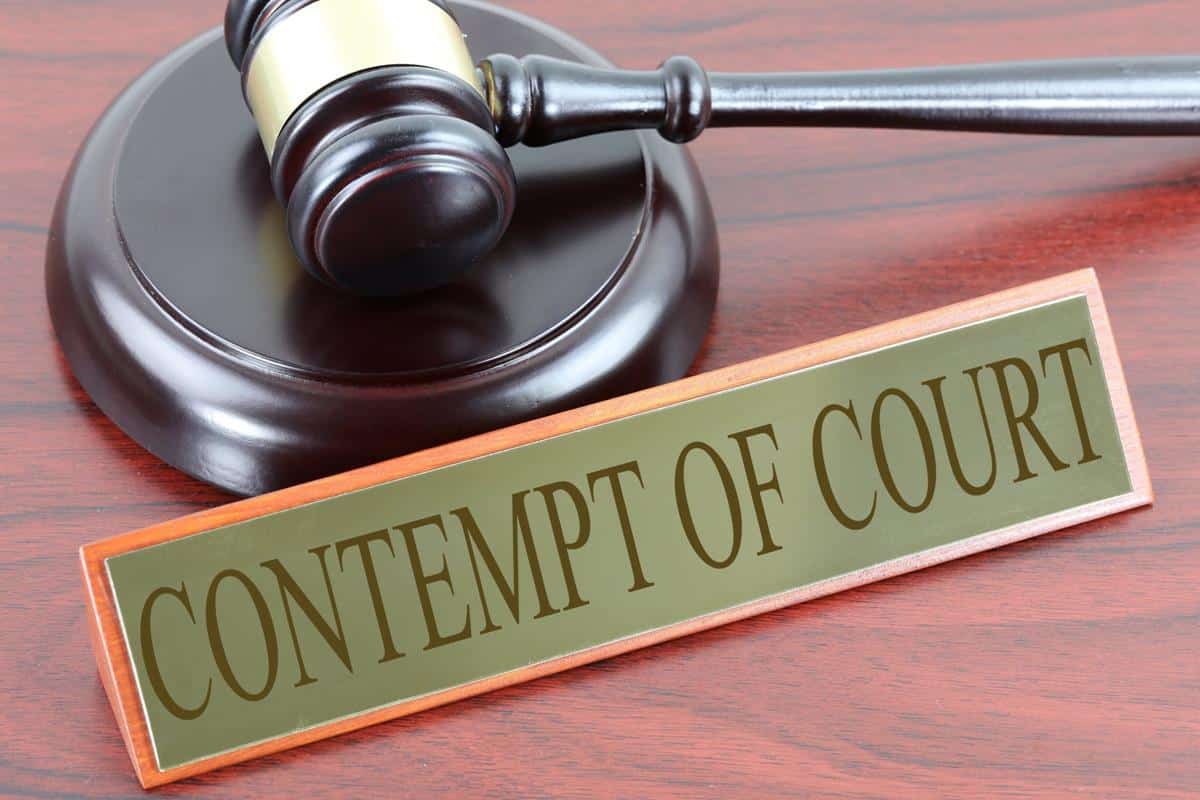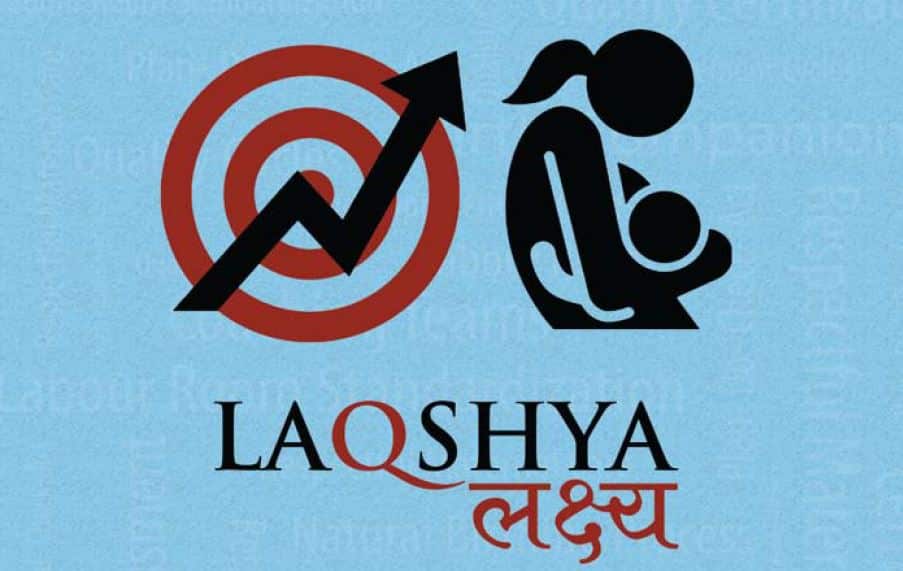Fast Track Courts (FTCs) in India its Problems | UPSC – IAS
Fast track courts (FTCs) are special courts for speedy trials not only in India but in Foreign Countries as well. Fast track courts deal with speedy disposal or solution of cases to make the judiciary more effective and to avail justice as fast as possible
- They were established in the year 2000, to expeditiously dispose of long pending cases in the Sessions Courts and long pending cases of under trial prisoners in a time bound manner.
- The 11th Finance Commission recommended the creation of 1734 FTCs in the country. They were to be established by the state governments in consultation with the respective High Courts.
- Fast track courts (FTCs) have also been set up on the orders of various High Courts to accelerate disposal of cases on matters ranging from sexual offences, anti-corruption, riots, and cheque bouncing.
- The judges for these were appointed on an ad hoc basis, selected by the High Courts of the respective states.
- There is no central funding to Fast track courts (FTCs) after 2011. However, the state governments could establish FTCs from their own funds.
- The 14th Finance Commission endorsed the proposal for setting up 1800 FTCs at a cost of Rs.4144.00 crore. It also urged the State Governments to utilize the enhanced devolution of central taxes from 32% to 42% to fund this effort. As on December 2018, 699 Fast track courts (FTCs) are functional across the country
- Some notable fast track cases- Best Bakery Case, Jessica Lal Murder Case, 26/11 Mumbai case
- However, questions have been raised over the slow and inefficient working of FTCs. Since inception, close to around 39 lakh cases were transferred to the Fast track courts (FTCs) out of which, 6.5 lakh cases are still pending with Fast track courts (FTCs) .
Issues plaguing the functioning of the Fast Track Courts | UPSC – IAS
- Insufficient number of fast track courts for the number of cases that are required to be disposed. For example: In Delhi, fast-track courts have only one or two judges. Fast track courts (FTCs) at the level of additional district or session judge is being run on ad hoc or temporary basis though the Supreme Court in 2012 had directed that either they be discontinued or made permanent.
- Heavy workload- Over the years, the number of cases allotted to them have increased, which has led to the burdening of these courts which in turn slow down the decision process, and compromised quality of judgements.
- Lack of infrastructure- These courts were not set up with different facilities, but were often housed in an existing court, limiting their effectiveness. Some Fast track courts (FTCs) do not have the equipment needed to conduct video and audio recordings of victims.
- They do not follow any special, speedier procedure for disposal of cases which leads to usual delay like the regular courts.
- Financial bottlenecks– In its judgment in the Brij Mohan Lal case, the Supreme Court held that the continuation of FTCs is within the domain of the States with their own funds. This has left Fast track courts (FTCs) on the mercy of State as some states have continued support for FTCs while others did not.
A Way ahead | UPSC – IAS
- Rationalisation of judicial structures– Fast-track courts and special courts are administered under different judicial bodies, with little coordination or uniformity among them. Therefore, a lead agency to be established by Central and State Governments to review the functioning of courts in a systematic and streamlined manner.
- Capacity building and improving infrastructure as originally envisaged, therefore hiring of additional judges and new infrastructure, including courtrooms, technological facilities and libraries is the need of the hour. Also, as suggested by the Supreme Court, the ad-hoc judges and support staffs should be granted permanent appointments.
- Sensitising State Governments- As per the Conference of Chief Ministers and Chief Justices, the State Governments, in consultation with the Chief Justices of the respective High Courts should take necessary steps to establish suitable number of Fast track courts (FTCs) and provide adequate funds for the purpose of creating and continuing them.
- A holistic approach of fast tracking the investigation to complement the Fast track courts (FTCs) and providing a special procedure different from the procedure followed in the regular courts is required.











